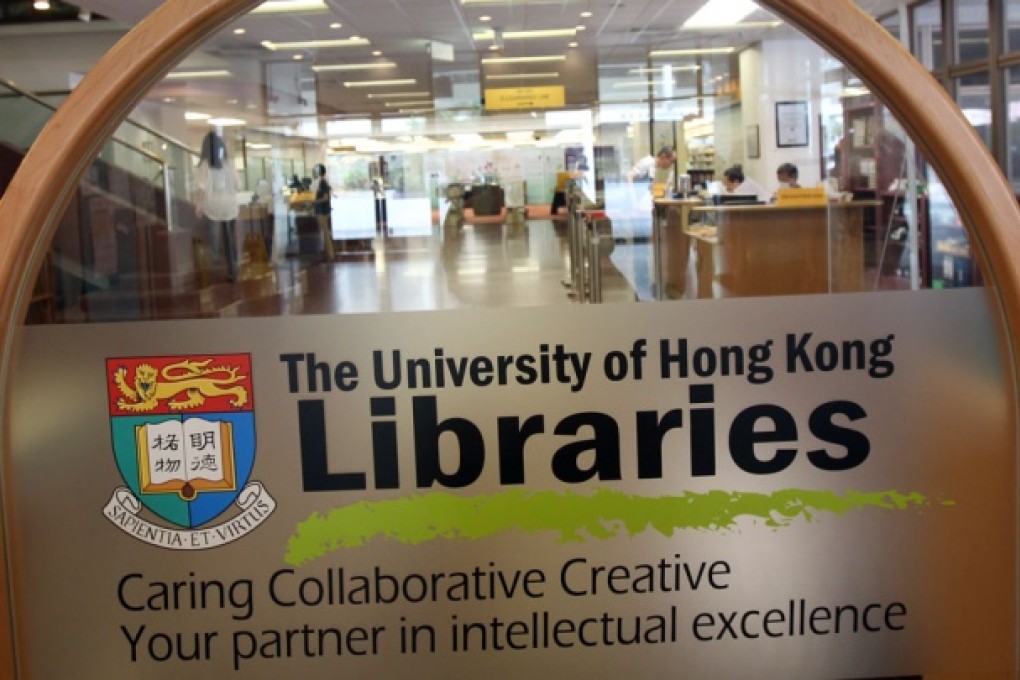
Promote beach resorts, but not tax haven
I refer to the report (“Tax haven picks HK for drive into Asia”, May 16).
I find it ironic that InvestHK, a government agency, is providing assistance to the British Virgin Islands to open an office in our city.
InvestHK trumpets Hong Kong as the best place in Asia to do business because of the low and simple tax regime, and the transparency and level playing field of our free-market policies, the rule of law and free flow of information. But, in effect, this government agency is helping the avoidance of our tax systems by Hong Kong firms which will be encouraged to establish opaque financial and legal entities in this Caribbean tax haven.
As a Hong Kong citizen and taxpayer, I welcome the establishment of the BVI representative office to promote its idyllic holiday resorts, but I strongly object to its local promotion and facilitation of its tax haven.
As a fundamental principle, if a company makes business by selling to Hong Kong people in Hong Kong, then it must pay its full Hong Kong dues on that income.
The days when an advantaged elite (which, in Hong Kong, means the property tycoons) can evade the taxes and duties borne by the middle classes should be over.